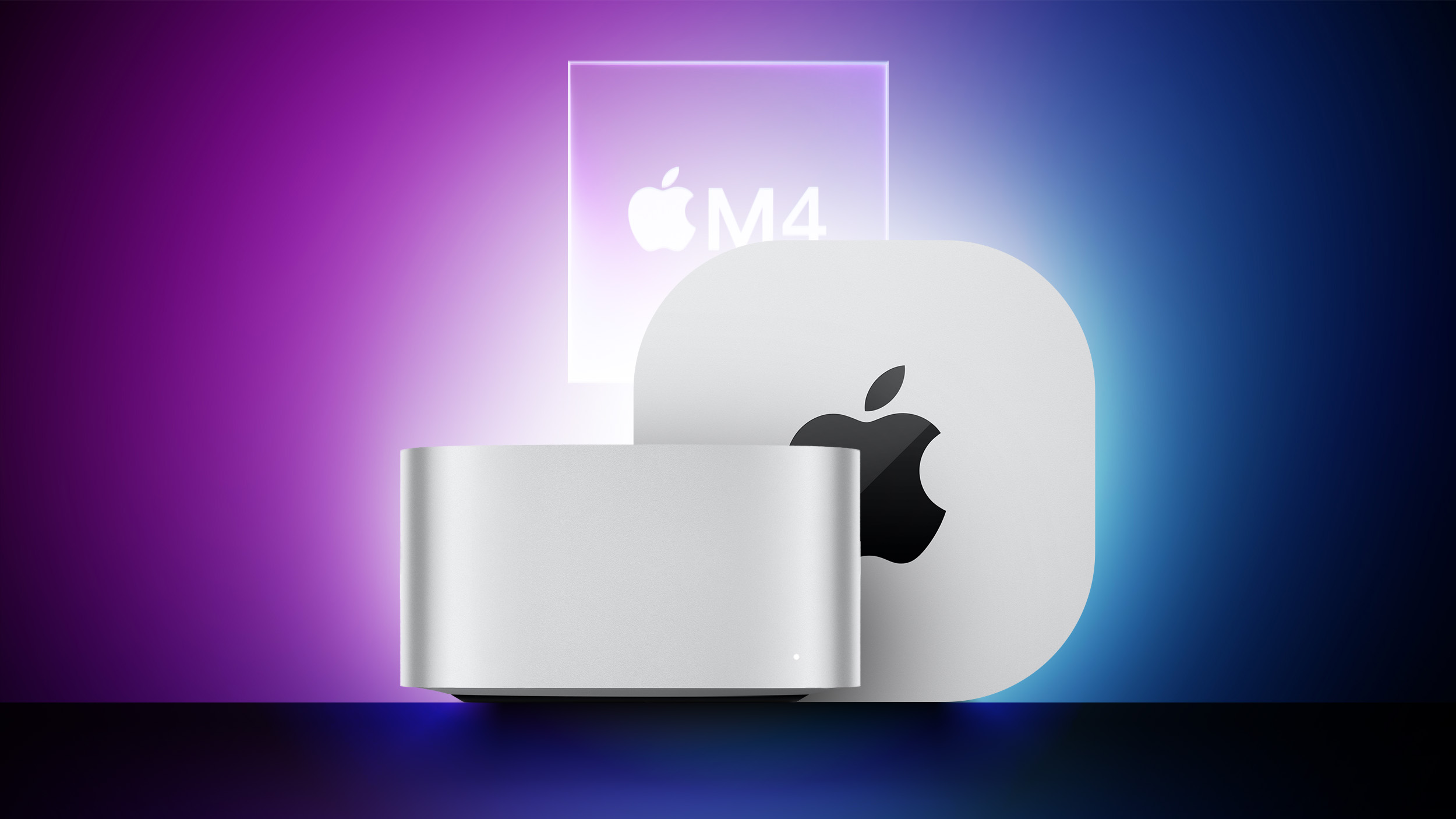![]()
All of Apple's upcoming new Macs this year are likely to have at least 16GB of RAM pre-installed as standard, breaking a years-long tradition of Apple offering just 8GB of RAM in most of its base Macs and forcing customers to pay out an extra $200+ for additional memory.
The adequacy of 8GB of RAM in Macs has been a
contentious issue for over a decade. The debate traces back to 2012 when Apple introduced the first Retina MacBook Pro with 8GB RAM as standard. Remarkably, Apple still continues to offer 8GB as the base memory configuration for several models, including the M3 14-inch MacBook Pro, M3 iMac, and M3 MacBook Airs.
However,
Bloomberg's Mark Gurman reports that Apple is testing four new Mac models equipped with an M4 chip, and all of them have either 16GB or 32GB of unified memory. Gurman previously reported that Apple is planning to refresh the MacBook Pro, Mac mini, and iMac with M4 chips this year. One possibility is that Apple has deemed that 16GB of RAM should be the new workable minimum for future AI features introduced under the Apple Intelligence banner, but that is merely speculation at this point.
Last year, Apple introduced a base 14-inch MacBook Pro with M3 chip, which replaced the discontinued M2 13-inch MacBook Pro in Apple's Mac lineup. Starting at $1,599, the 14-inch M3 MacBook Pro comes with 8GB of unified memory. Users can opt for 16GB or 24GB at checkout, but these configuration options cost an extra $200 and $400 at purchase, respectively, and cannot be upgraded at a later date because of Apple's unified memory architecture.
This has left Apple open to criticism from users who believe that 8GB is not a sufficient amount of RAM for most creative professional workflows, and that 16GB should be the bare minimum for a machine that is marketed as "Pro," rather than an additional several hundred dollar outlay. Apple previously
argued that 8GB on an M3 MacBook Pro is probably analogous to 16GB on other computers because of the efficiency gains of using unified architecture. Needless to say, that argument failed to resonate with many creative professionals, and so the news that 16GB is likely to be the new minimum will surely be a welcome development.
Article Link:
16GB of RAM Could Be the New Minimum in Apple's Upcoming M4 Macs



